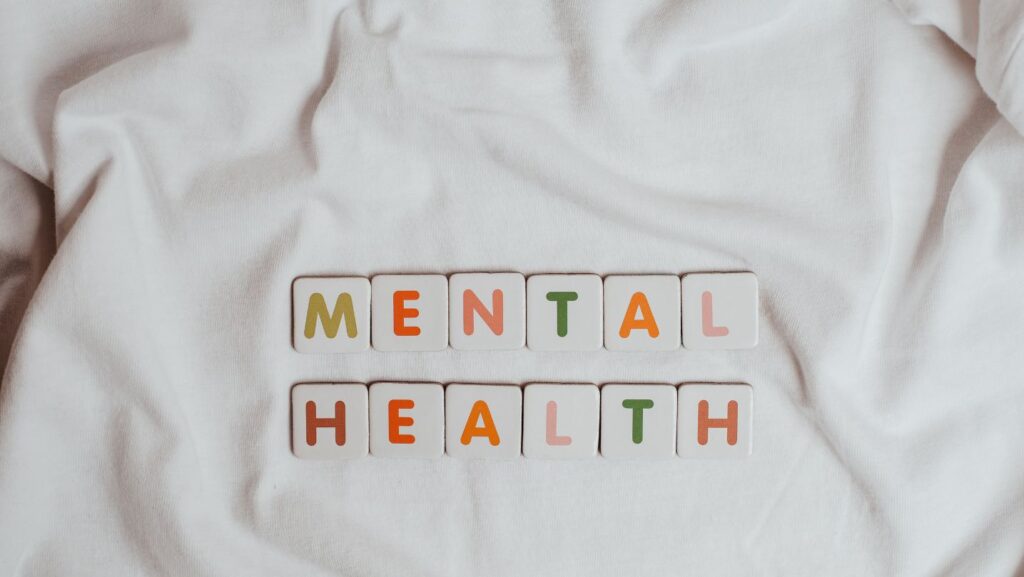Delta 9 THC, or Delta-9-tetrahydrocannabinol, is the primary psychoactive component found in cannabis. Its use has proliferated in various forms, with vaping emerging as a popular method due to its perceived convenience and rapid onset of effects.
As more individuals turn to Delta 9 vape for both recreational and medicinal purposes, it becomes crucial to understand its impact on mental health.
The Basics of Delta 9 THC
Delta 9 THC interacts with the human endocannabinoid system by binding with CB1 receptors located throughout the brain, leading to neurotransmitters that affect mood, perception, and cognition being released by this interaction. While the psychoactive effects of Delta 9 THC can lead to feelings of euphoria and relaxation, the substance’s impact on mental health is complex and multifaceted. You can explore options at Merced Sun-Star to find the right flavor.
Positive Effects on Mental Health
- Anxiety Relief: One of the most cited benefits of Delta 9 THC is its potential to alleviate anxiety. Many users report feeling more relaxed and less stressed after vaping Delta 9. This anxiolytic effect can be particularly beneficial for individuals who suffer from chronic anxiety disorders. However, the dosage and individual response can significantly vary, making it essential to use it under proper guidance.
- Mood Enhancement: Delta 9 THC is known for its mood-boosting properties. It can induce feelings of happiness and euphoria, which can be helpful for individuals dealing with depression. This temporary uplift in mood can provide a much-needed respite for those struggling with persistent negative emotions.
- Pain and Sleep Management: Chronic pain and insomnia are often linked with poor mental health. Delta 9 THC has been found to aid in pain relief and improve sleep quality. By alleviating these physical symptoms, Delta 9 vape indirectly contributes to better mental health, as managing pain and getting adequate sleep are critical for emotional well-being.
Negative Effects on Mental Health
- Increased Anxiety and Paranoia: Paradoxically, while Delta 9 THC can reduce anxiety in some, it can exacerbate it in others. Higher doses or regular use can lead to increased feelings of paranoia and anxiety, particularly in individuals who are predisposed to these conditions. This underscores the importance of controlled usage and self-awareness.
- Dependency and Addiction: The psychoactive nature of Delta 9 THC carries a risk of dependency. Regular use can lead to psychological addiction, where the user feels a compulsive need to vape to cope with daily stressors. This dependency can further contribute to mental health issues, including anxiety and depression.
- Cognitive Impairment: Long-term use of Delta 9 THC has been linked to cognitive impairments. Studies suggest that chronic exposure can affect memory, attention, and decision-making skills. These cognitive deficits can have a lasting impact on mental health, affecting both personal and professional life.
- Psychosis and Schizophrenia: There is evidence to suggest that high doses of Delta 9 THC can trigger psychosis, especially in individuals with a predisposition to mental health disorders such as schizophrenia. Symptoms may include hallucinations, delusions, and a detachment from reality, which can have severe implications for mental health.
Balancing the Benefits and Risks
The impact of Delta 9 vaping on mental health is not uniformly positive or negative; it varies greatly among individuals. Factors such as genetic predisposition, existing mental health conditions, dosage, and frequency of use all play a crucial role in determining the outcome.
- Moderation and Control: Using Delta 9 vape in moderation can help mitigate some of the negative effects. Understanding personal limits and avoiding high doses can prevent adverse reactions like increased anxiety or paranoia.
- Medical Guidance: Consulting with healthcare professionals before starting Delta 9 vape can provide personalized insights into its potential impact. For individuals with existing mental health conditions, professional guidance is critical to avoid exacerbating symptoms.
- Self-Awareness and Monitoring: Regular self-assessment can help users stay aware of any changes in their mental health. Keeping track of how Delta 9 vaping affects mood, anxiety levels, and cognitive function can inform more mindful usage.
- Alternative Therapies: It can be beneficial to consider alternative or complementary therapies for mental health management. Practices such as mindfulness, exercise, and cognitive-behavioral therapy can provide holistic support alongside or instead of Delta 9 vape.
Conclusion
Delta 9 vape has the potential to both positively and negatively impact mental health. Its effects are highly individualized, requiring careful consideration and responsible use. While it can offer significant benefits such as anxiety relief and mood enhancement, the risks of increased anxiety, cognitive impairment, and potential for addiction cannot be overlooked.
Balancing these factors through moderation, medical guidance, and self-awareness is key to harnessing the positive aspects of Delta 9 vape while minimizing its potential downsides. As with any substance that affects mental health, informed and cautious use is paramount to achieving the best possible outcomes.




More Stories
Architectural Elements You Need For Your Craftsman Bungalow
What to Know About Keeping the Front Yard of Your Home in Portland Clean
AI Cooling On, Lag Off: Why Gamers Are Hyped for the Honor 400 Pro